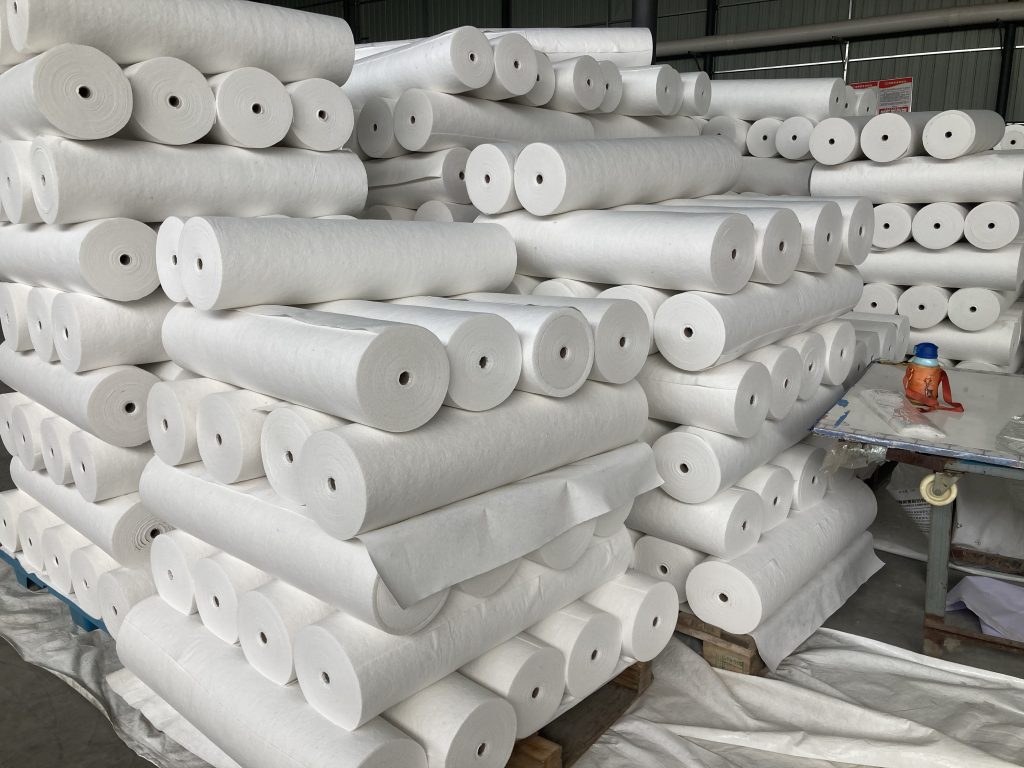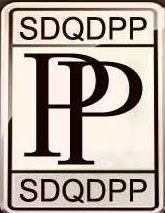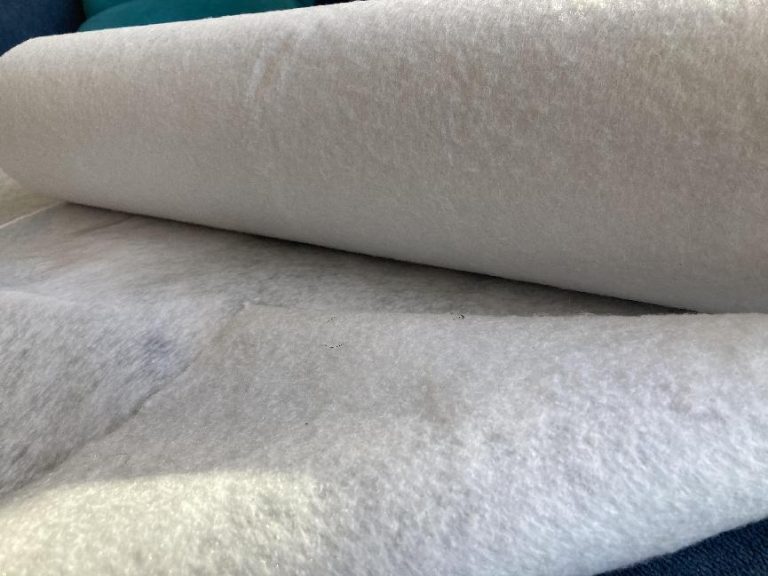In recent years, the global construction industry has witnessed a significant shift toward sustainable and eco-friendly building materials. As environmental concerns continue to rise, manufacturers and developers are seeking innovative solutions that minimize ecological impact without compromising on quality or functionality. Among these advancements, China has emerged as a leader in producing environmentally friendly construction materials, one of which is the revolutionary white sticky back tile felt. This product is not only transforming the way tiles are installed but also setting new standards for sustainability in the construction sector.
What is White Sticky Back Tile Felt?
White sticky back tile felt is a specialized adhesive material designed for tile installation. It is a type of non-woven fabric coated with an eco-friendly adhesive on one side, allowing it to securely bond tiles to various surfaces. Unlike traditional tile adhesives, which often contain harmful chemicals and emit volatile organic compounds (VOCs), this innovative product is manufactured using environmentally safe materials. Its white color provides a clean, uniform appearance, making it ideal for a wide range of applications, from residential kitchens and bathrooms to commercial spaces.
The Environmental Advantages
China’s development of environmentally friendly white sticky back tile felt is a testament to the country’s commitment to sustainability. Here are some of the key environmental benefits of this product:
- Reduced Carbon Footprint: The production process of this tile felt prioritizes energy efficiency and the use of renewable resources. By minimizing energy consumption and greenhouse gas emissions, the product contributes to a lower carbon footprint compared to conventional tile adhesives.
- Non-Toxic Composition: Traditional tile adhesives often contain harmful chemicals such as formaldehyde and benzene, which can pose health risks to workers and occupants. In contrast, the white sticky back tile felt is made from non-toxic, water-based adhesives that are safe for both humans and the environment.
- Low VOC Emissions: Volatile organic compounds (VOCs) are a major concern in construction materials, as they can degrade indoor air quality and harm human health. The environmentally friendly adhesive used in this tile felt emits minimal VOCs, making it a healthier choice for indoor environments.
Practical Benefits for Construction
Beyond its environmental advantages, white sticky back tile felt offers several practical benefits that make it an attractive option for builders and homeowners alike:
- Ease of Installation: The sticky back design simplifies the tile installation process, reducing the need for specialized tools or extensive training. This can lead to faster project completion times and lower labor costs.
- Strong Adhesion: Despite its eco-friendly composition, the tile felt provides excellent adhesion, ensuring that tiles remain securely in place even in high-moisture areas such as bathrooms and kitchens.
- Versatility: The product is compatible with a wide range of tile materials, including ceramic, porcelain, and stone. It can also be used on various surfaces, such as concrete, drywall, and plywood.
- Aesthetic Appeal: The white color of the tile felt creates a clean, seamless look that enhances the overall appearance of tiled surfaces. This is particularly important for modern designs that prioritize minimalism and uniformity.

China’s Role in Sustainable Innovation
China’s development of environmentally friendly white sticky back tile felt is part of a broader effort to promote sustainable construction practices. As one of the world’s largest producers of building materials, China has recognized the importance of reducing the environmental impact of its manufacturing processes. By investing in research and development, Chinese companies have been able to create innovative products that meet the growing demand for eco-friendly solutions.
Moreover, China’s commitment to sustainability extends beyond its borders. The country has become a major exporter of green construction materials, supplying products like white sticky back tile felt to markets around the world. This not only supports global efforts to combat climate change but also positions China as a leader in the green building movement.
Conclusion
The introduction of environmentally friendly white sticky back tile felt is a game-changer for the construction industry. By combining sustainability with practicality, this innovative product addresses the dual challenges of environmental preservation and efficient building practices. As the world continues to prioritize green construction, materials like this will play a crucial role in shaping a more sustainable future.
China’s contribution to this field underscores the importance of innovation and collaboration in achieving global sustainability goals. Whether you are a builder, architect, or homeowner, choosing eco-friendly materials like white sticky back tile felt is a step toward creating spaces that are not only beautiful and functional but also kind to the planet.

